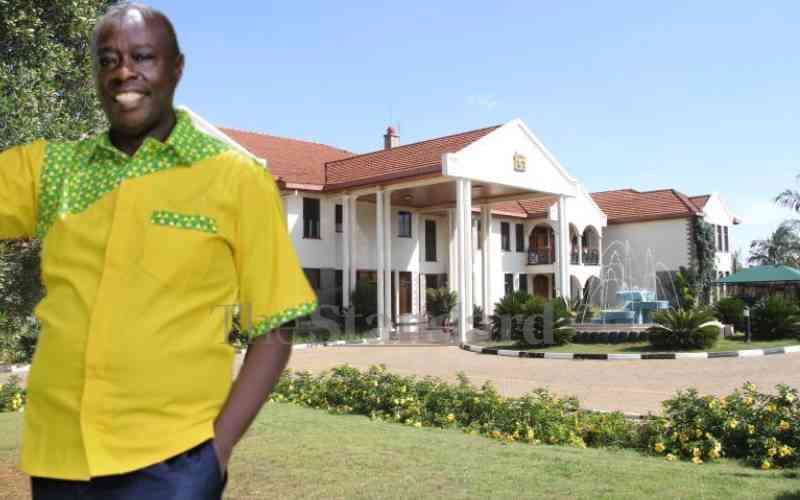×
The Standard e-Paper
Home To Bold Columnists

Deputy President Rigathi Gachagua has not moved into the 'Hustler's Mansion', the designated DP's residence in Karen Nairobi, six months after taking office.
He describes the residence as a shell and leaking ramshackle with blocked sewerage system. And this has elicited mixed reactions from leaders mainly from the Kenya Kwanza administration.